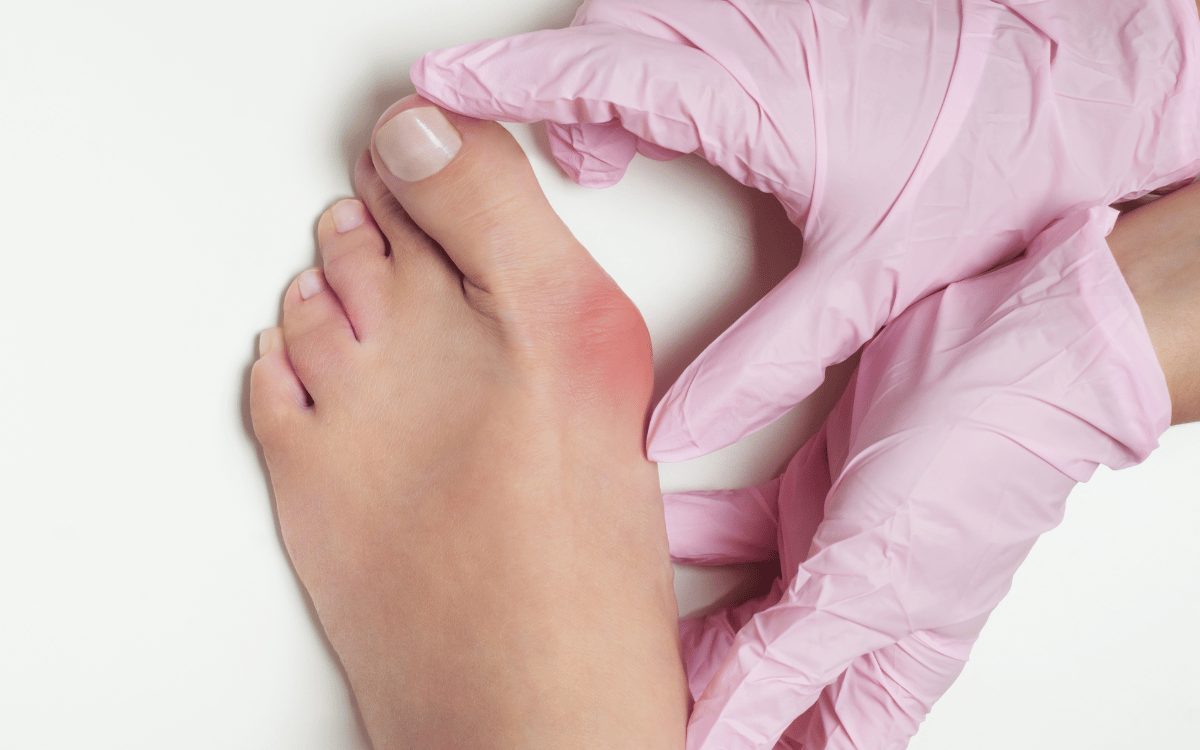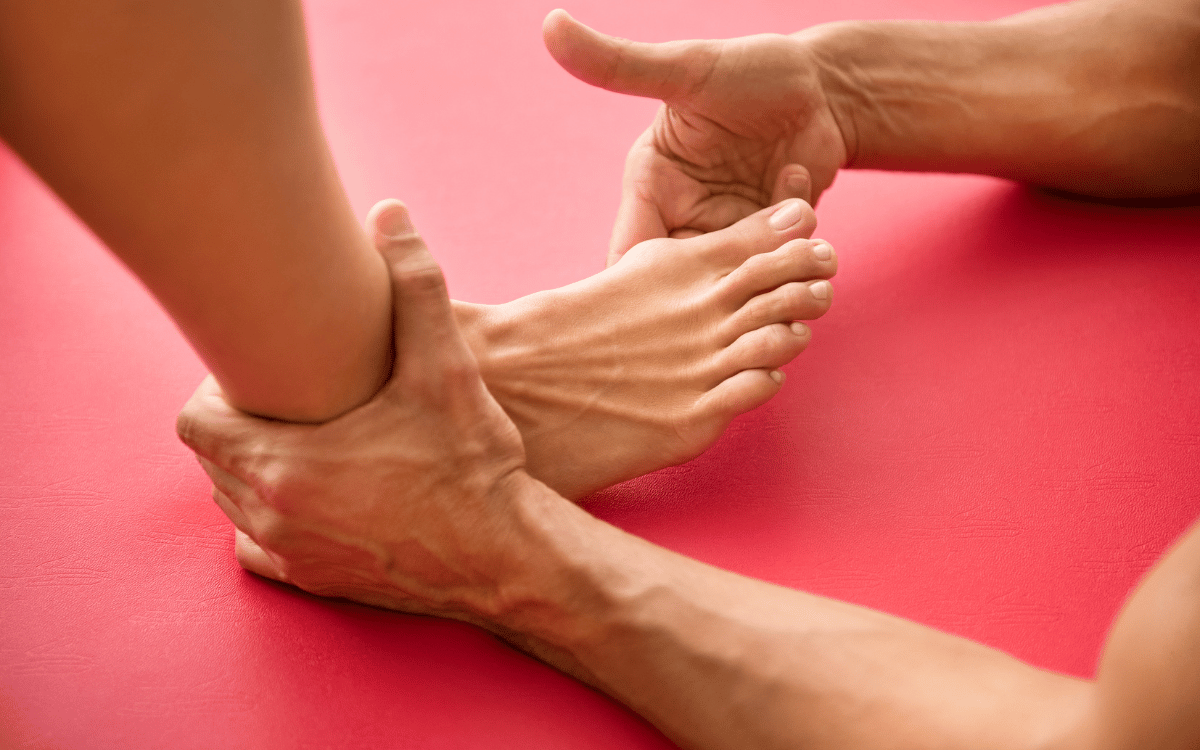At Sydney Foot Solutions Podiatry we use acupuncture to great effect on a variety of patient foot pain issues such as plantar fasciitis, heel pain, Morton’s neuroma, osteoarthritis, bunion pain, metatarsalgia, knee pain, and Achilles tendonitis. But sometimes at our podiatry clinic, we face resistance from skeptical patients experiencing foot pain, particularly those who have been brought up only knowing Western medicine. We use acupuncture to reduce and manage foot pain, reducing your reliance on painkillers and making your life more comfortable while we get to work on correcting the underlying foot pain causes.
Common myths we hear (and the real answers):
Myth 1: “Acupuncture is just placebo, it doesn’t do anything”
Fact: It has been proven in a number of medical studies* that acupuncture has a significant physiological effect for reducing pain. As result of this significant amount of evidence now supporting acupuncture, we see it being practiced in a number of NSW hospitals, and by and increasing number of GPs.
Fact: When an acupuncture needle is inserted into a specific point in your body, nerve fibres are stimulated, and this signal runs to the spinal cord. From here, endorphgenic cells are stimulated to release endorphins—natural chemicals the brain releases that make you feel great—that lead to the oncoming pain signal being inhibited or blocked. In addition, a substance named enkephalin is released, which in turn releases the neurotransmitters serotonin and norepinephrine. These substances play a role in suppressing pain, but serotonin also has an antidepressant affect on the brain. There is one more area acupuncture positively affects, and this is the pituitary gland. When stimulated, the pituitary gland releases endorphins that provide wide relief and reduction of pain. It also induces the release of cortisol into the blood stream, which has a strong anti-inflammatory effect.
So, instead of placebo, acupuncture has a tremendous real effect on the body’s ability to cope with pain and significantly promotes healing to occur.
Myth 2: “You have to believe in acupuncture for it to work”
Fact: This is not true; it does not work like hypnosis where you need to ‘succumb’ to the effect. We have a number of patients regularly admit after they experience improvements, “I was skeptical at first, but now I feel much better.”
Fact: The physiological changes are now well documented, and it is clearly proven that that there is a change in a person’s nervous system as a result of pacing needles on to the skin.
So, let go of old wives tales and let us demonstrate how effective acupuncture can be.
Myth 3: “Acupuncture doesn’t work; I’ve had it done once, and it doesn’t do anything”
Fact: We hear this a lot this. It isn’t t fair to judge a treatment after just one time. As a rule, we tell patients that they should consider between 6 – 10 sessions of acupuncture on their feet and legs before they pass judgment.
Fact: In the types of conditions we treat at Sydney Foot Solutions Podiatry, acupuncture doesn’t necessarily treat the underlying cause of the problem, but is used as a pain reliever. Quiet often, biomechanics (the way someone’s body moves) and alignment of people’s joints is the leading cause of the foot pain.
So, consider giving acupuncture a try over a series of visits. It will help reduce foot pain, while we work on your underlying issues with foot mobilisation podiatry.
Myth 4: “Acupuncture hurts”
Fact: We can not speak for all types of acupuncture, but the style we preform should not cause any pain. The style of acupuncture we practice at Sydney Foot Solutions podiatry for treating foot pain is musculoskeletal acupuncture. If it does cause any discomfort, we simply change the position of the needle.
Fact: The needles we use are 0.3 of a millimetre in diameter, while a normal injection needle is 1.2 mm; so the needles are incredibly tiny.
Fact: We understand that many patients may have needle phobia; if that’s the case, we use a machine called ‘interx’ instead, which induces a similar effect without needles.
So, don’t be afraid because of perceived pain. Let us try one needle on you next time you are in—you will be pleasantly surprised not only at their effectiveness as a treatment, but how they don’t hurt.
*Brain encoding of acupuncture sensation-coupling on-line rating with FMRI. Published by V.Napadow, R.P.Dhond ,J.Kim, l.LaCount, M.Vangel, R.E.Harris, N.Kettner, Kpark, Pfab.neuroimag (2009).




